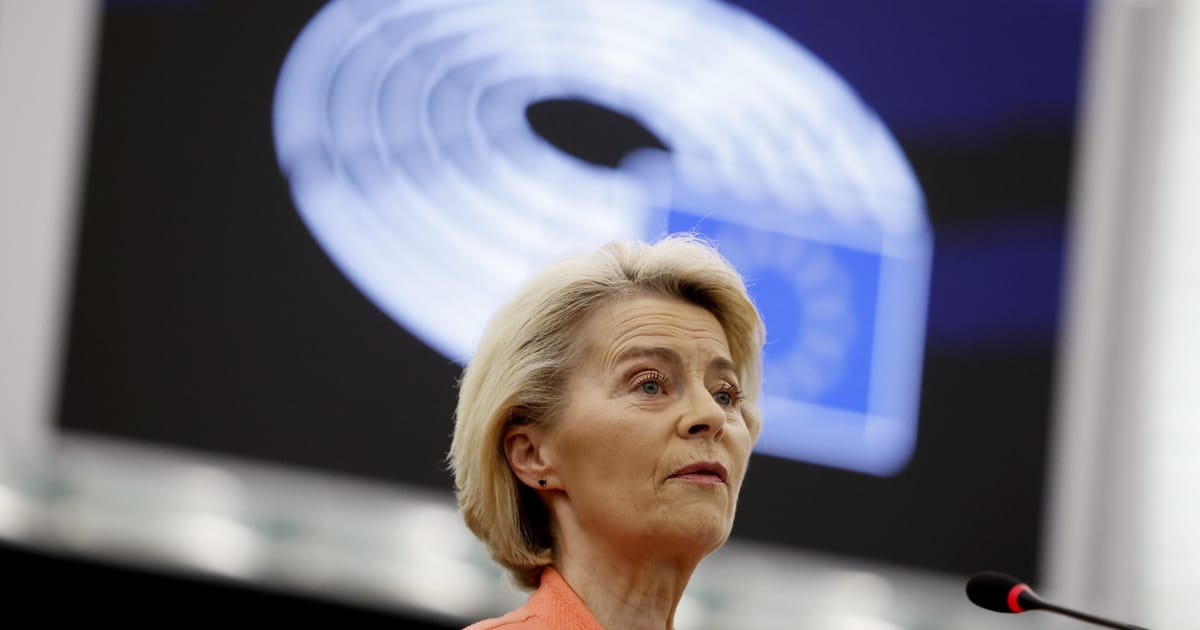

In the ever-evolving global political landscape, recent developments highlight crucial shifts and negotiations as governments strive to balance interests and forge new paths. A focused examination of these events reveals the intricate interplay of diplomacy, economic strategy, and international relations.
The European political scene witnesses a significant development as European Commission President Ursula von der Leyen navigates a no-confidence vote by making key concessions. The Socialists have offered support after von der Leyen adjusted her stance on the EU budget, enabling her to maintain her leadership position. This deft political maneuvering ensures continuity within the Commission, allowing it to focus on forward-looking policies.
Meanwhile, across the Atlantic, former U.S. President Donald Trump remains a powerful figure in the trade domain, having recently issued communications regarding potential tariffs on nations such as the Philippines and Brazil. His approach mirrors measures taken on what is known as “Liberation Day” and emphasizes his characteristic stance on protective trade tariffs. Trump’s recent declaration of a 50% tariff on Brazilian goods has raised concerns over potential inflationary effects in the U.S. economy, particularly if a deal is not reached by the newly set deadline.
Turning to Europe, the Anglo-French dialogue on migration sees ongoing negotiations as British leader Keir Starmer aims to solidify a returns deal with France. Despite initial expectations to announce an accord during French President Emmanuel Macron’s visit, discussions continue as financial and legal details are fine-tuned. The talks underline the pivotal role of collaboration in addressing shared challenges like migration.
In Eastern Europe, Ukrainian President Volodymyr Zelenskyy announces an upcoming change in diplomatic representation to the United States. The reassignment of Oksana Markarova, despite her successful tenure, signifies a strategic recalibration intended to strengthen Ukraine’s diplomatic ties with the current U.S. administration. Ukrainian Foreign Minister Andrii Sybiha praises Markarova’s exceptional service, implying a promising future for the new envoy aimed at enhancing bilateral cooperation.
Finally, in a gesture of peace and reconciliation, Pope Francis extends an invitation for dialogue to Russian leaders following his meeting with Ukrainian President Zelenskyy. The Vatican’s commitment to fostering a just and lasting peace in the region highlights the importance of continued diplomatic efforts to resolve ongoing tensions. Concurrently, Europe’s diplomatic channels remain active as the EU reacts to a recent international incident involving China’s military, reflecting the steadfast dedication to maintaining security and cooperation among nations.
These global political narratives are interwoven with complex dynamics and aspirations for progress. As leaders navigate these multifaceted challenges, the emphasis remains on strategic diplomacy and economic strategies aimed at fostering stability and collaboration across borders. Each thread contributes to the rich tapestry of international relations, underscoring a shared vision for a more connected and peaceful world.
Source: {link}
